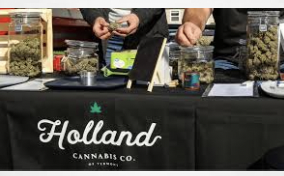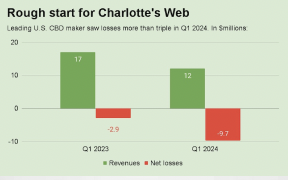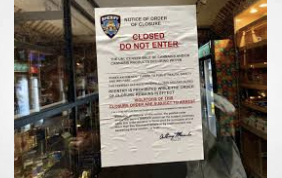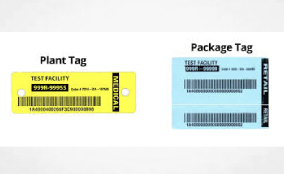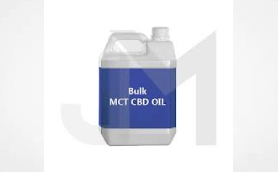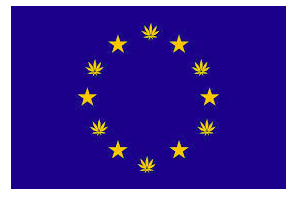Authored By: Brian Cusack Managing Director Dr. Hemp Me
European lawmakers have had a tough time defining exactly what CBD is and how it should be regulated. Even though most European countries allow CBD products to be freely traded, there still is plenty of confusion around everyone’s new favorite cannabinoid.
Under the European Food Safety Authority, CBD is considered a novel food. The EFSA requires all products that are considered ‘novel,’ that is, not commonly consumed before the Acts inception in 1997, to go through a costly regulatory process. While some companies go through the process, others viewed the Novel Foods Act as a recommendation or temporary classification while cannabis legislation is sorted out.
Last summer the European Commission notified about 50 companies that were seeking novel food authorization that the process was on hold because the Commission believed CBD should be regulated as a narcotic.
Thankfully, the EU made a major change this past summer in how cannabis is classified. While CBD is safe from legislators, for now, there are areas of the CBD industry that need to be cleared up. Slow-moving legislation creates an opportunity for other countries outside of the EU to cash in on the growing demand. We fear that if companies aren’t given more freedoms to operate, another country like the US or Israel could be the leading producer of CBD products in Europe.
The UN Declassifies Cannabis
In a landmark case amid the coronavirus pandemic, the UN’s Commission on Narcotics narrowly voted to remove cannabis from the list of dangerous, addictive drugs without the potential for therapeutic use.
This is a huge victory for CBD companies for two reasons. The CN gave the recommendation to allow CBD products that contains less than 0.2% THC to be exempt from international controls. The other reason, which could shape the future of the CBD industry in Europe, is loosening the regulations for international trade.
Restricting companies to their borders kills the opportunity to scale. It is much harder for a country to dominate all aspects of the industry such as hemp production, extraction, retail sales, and marketing than to focus on one or two aspects. Many countries don’t have the capacity or climate to grow enough hemp to keep up with the demand for their country. Regulating on an international level, assuming that the individual countries will model their laws according to the guidelines of the EU, opens up the opportunity for companies to grow within Europe and export to areas outside the EU.
The Current Status of the CBD Industry in Europe
Many companies already have their eyes on a global CBD industry. Mile High Labs, one of the US’s largest CBD manufacturing businesses has opened up a facility in the UK in hopes of becoming one of the leading distributors in Europe.
If the free trade of CBD and cannabis products is permitted in the future, we expect to see more multinational companies stake their claim in the second largest market for CBD.
Right now, CBD products are allowed in almost all countries in Europe. If the product contains less than the allowed amount of THC, 0.2%, the product escapes the title and regulation of other cannabis products. This threshold severely hurts the product’s ability to provide benefits. Experts believe that the combination of CBD and THC is much more beneficial than CBD on its own. By only allowing minute amounts of THC in products, the consumer isn’t allowed the best product possible.
The Future of the CBD Industry in Europe
Many speculate that one or more countries in the EU will legalize cannabis in 2021. The most likely is Luxemburg, their legislators have expressed their desire to fully legalize this year. If more countries decide to legalize THC, this could dramatically shift the CBD industry in Europe.
Regulations like the 0.2% rule and only allowing a certain amount of THC per container hinders CBD companies from providing the best product possible. If countries were to relax this regulation, CBD companies would be given the freedom to produce oils having 1-2% THC. This type of extract is more in line with the recommendations of the doctors who specialize in medical marijuana.
Dr. Dani Gordon is one of the premier voices in the medical marijuana community in the UK. She helped set up the first medicinal cannabis centers in Britain and continues to influence the regulations and research pertaining the cannabis throughout the world. She recommends cannabis with high CBD and low THC (1-2%) for treatments of conditions like chronic pain. If the CBD industry was able to increase the amount of THC in their products more people would see results from the products.
Full cannabis legalization could hurt the current CBD industry as well. Legalization could mean more regulations. In Canada, CBD is only available through a dispensary. Canadians can purchase legal recreational marijuana but have less access to CBD products.
In the future, we hope to see a relaxation on the levels of THC in legal CBD products and more clarity regarding the legal trade of cannabinoids. We expect the CBD industry to shift to a more global market and less centered around individual countries. The future of the CBD industry is unclear. We do know that the demand isn’t going down and countries in the EU have a limited amount of time to sort out the regulations to become competitive on a global scale.
SOURCES
https://www.projectcbd.org/politics/europes-cbd-conundrum
https://www.youtube.com/watch?v=WekMGzxRPig&t=115s


